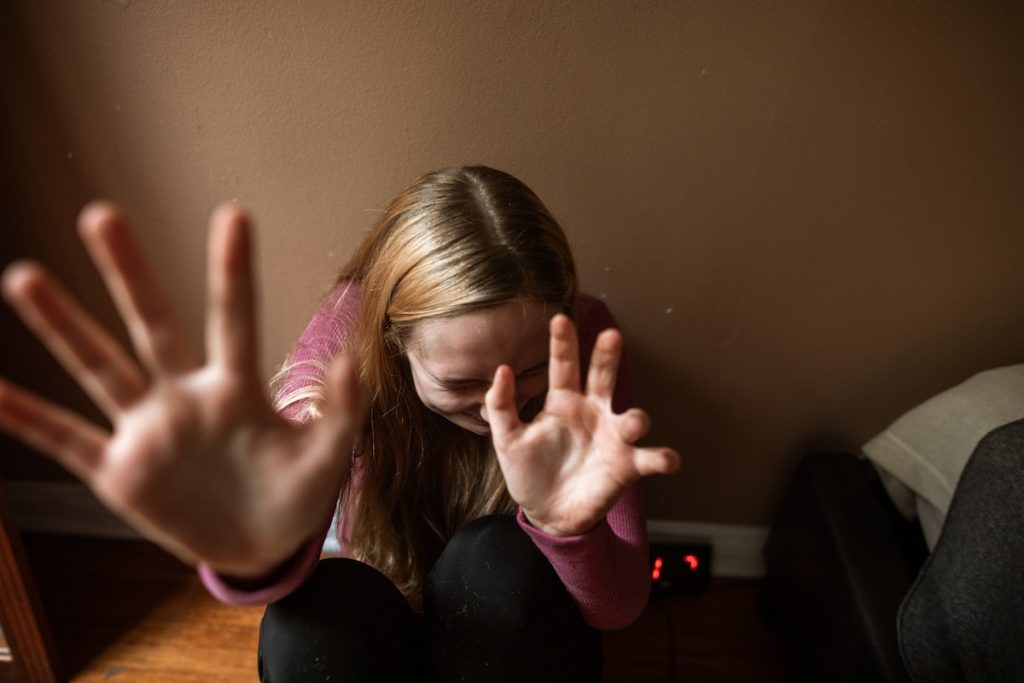- Domestic violence encompasses physical, emotional, psychological, financial, and sexual abuse, all harmful and unacceptable.
- Domestic violence, solely the fault of the abuser, can happen to anyone, regardless of their personal characteristics.
- Leaving abusive relationships requires careful planning, support, and resources, which may not always be readily available.
- Multiple resources, such as hotlines, shelters, support groups, and legal aid services, exist to aid victims of domestic violence.
Domestic violence is a growing issue that affects countless individuals every day. It affects people of all genders, races, and ages and can happen in any type of relationship. Whether you are personally experiencing domestic violence or you know someone who is, it is essential to understand what it is and how to seek help. This blog will discuss key things you need to know about domestic violence.
Domestic violence is not just physical abuse.
While physical violence is the most widely recognized form of domestic violence, it is not the only type. Domestic violence can also be emotional, psychological, financial, or sexual abuse.
It can involve using threats, intimidation, isolation, or coercion to control someone in a relationship. Domestic violence takes many forms, and it is essential to recognize that all of them are harmful and unacceptable.
Domestic violence is never the victim’s fault.
Sometimes people make excuses for domestic violence, stating that the victim provoked the abuser in some way or that they should have known better. This blame is misplaced, as no one deserves to be abused. Domestic violence is always the fault of the abuser, who is choosing to use violence as a means of control.
Domestic violence can happen to anyone.

It doesn’t matter if you are wealthy or poor, educated or not, male or female, or any other characteristic. Domestic violence can happen to anyone, and it is essential to recognize the signs and seek help if necessary. One in four women and one in nine men experience domestic violence at some point in their lives, and it can happen in any type of relationship, including heterosexual or same-sex couples.
Leaving an abusive relationship is not always easy.
Many people who experience domestic violence are afraid to leave their abusers because they fear retaliation or don’t have the resources to do so. It is essential to recognize that leaving an abusive relationship is not always easy, and it takes careful planning and support to do so safely. If you or someone you know is in an abusive relationship and needs help leaving, contact a domestic violence hotline or local support center for guidance.
There is help available for those experiencing domestic violence.
If you or someone you know is experiencing domestic violence, it is essential to seek help. There are many resources available to help victims of domestic violence, including the following four:
Hotlines
Hotlines are available for those experiencing domestic violence. They provide confidential support and advice, as well as referrals to local organizations that can provide further assistance.
Shelters
Shelters are a safe place for victims of domestic violence to stay while they get back on their feet. Shelters provide temporary housing and a variety of other services, such as counseling and legal aid.
Support Groups
Support groups provide a safe space for victims of domestic violence to connect with others who have gone through similar experiences. These groups allow members to share their stories and receive emotional support from one another.
Legal Aid Services

Legal aid services provide free or low-cost legal assistance to those experiencing domestic violence. They can help victims of domestic violence understand their legal rights and options, such as filing for a civil no contact order. This is a legally binding document issued by a court to help protect one individual from another.
This type of order is typically used in situations where one person has been the victim of domestic violence. The order stipulates that the named individual (the respondent) must refrain from any form of contact with the petitioner. Violation of this can result in serious legal consequences, potentially including jail time.
By seeking help, you can start taking steps to leave your abuser and begin healing.
Domestic violence is a pervasive issue affecting countless individuals across diverse backgrounds. Understanding its nature, recognizing its signs, and knowing how to access help are crucial steps to combat this level of abuse. Remember, no one deserves to be abused, and it’s never the victim’s fault.
If you or someone you know is experiencing domestic violence, reach out to the resources mentioned above. It may be challenging to break free from an abusive situation but remember, you are not alone, and there is always help available. So spread awareness, educate yourself and others, and work together toward a world free from domestic violence.



